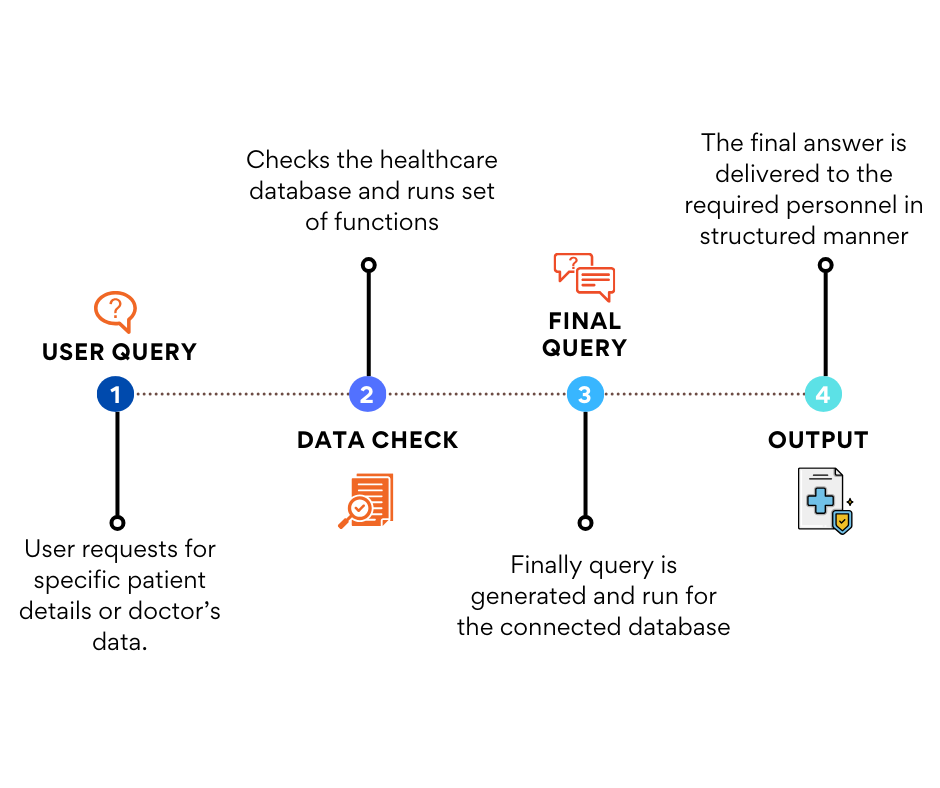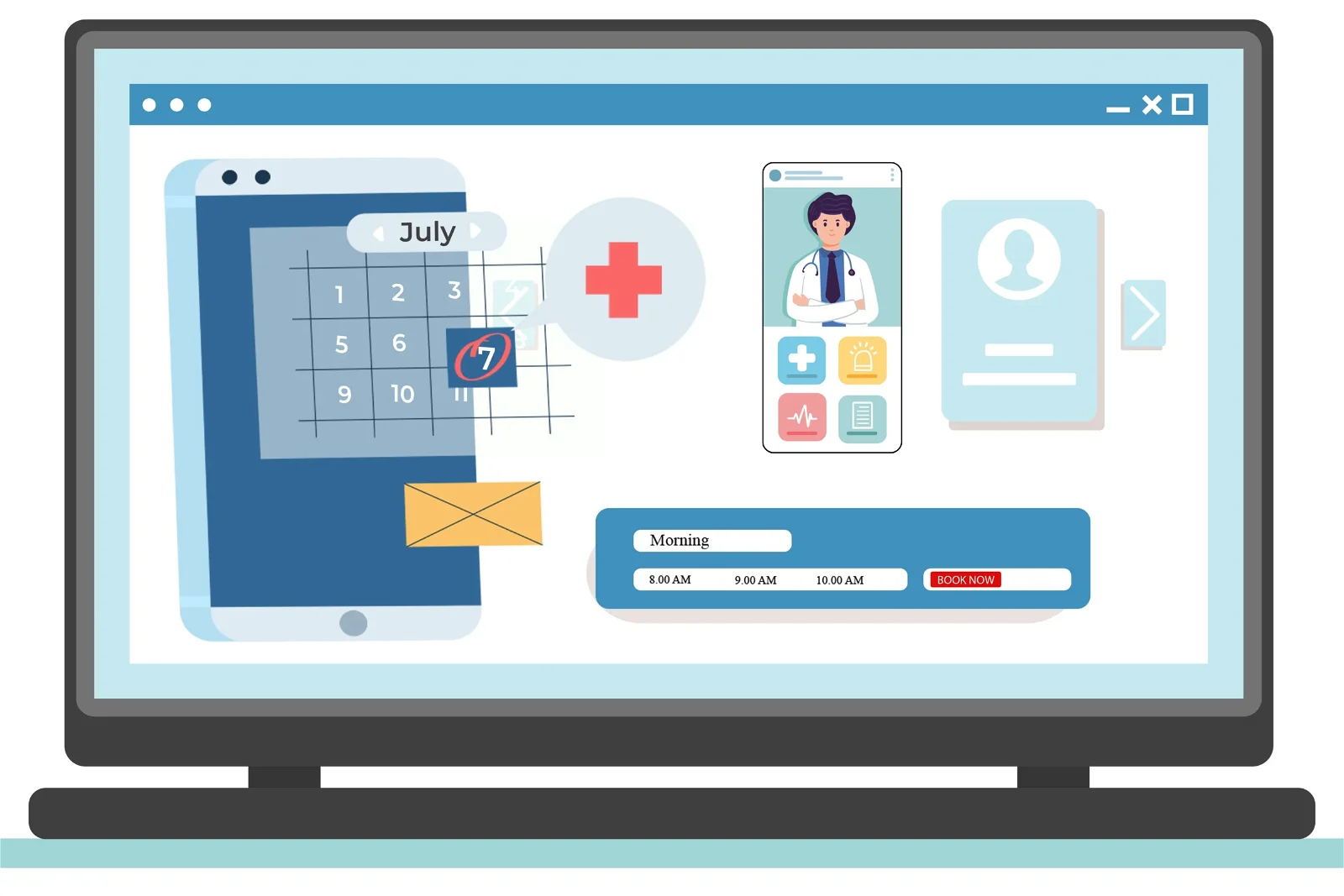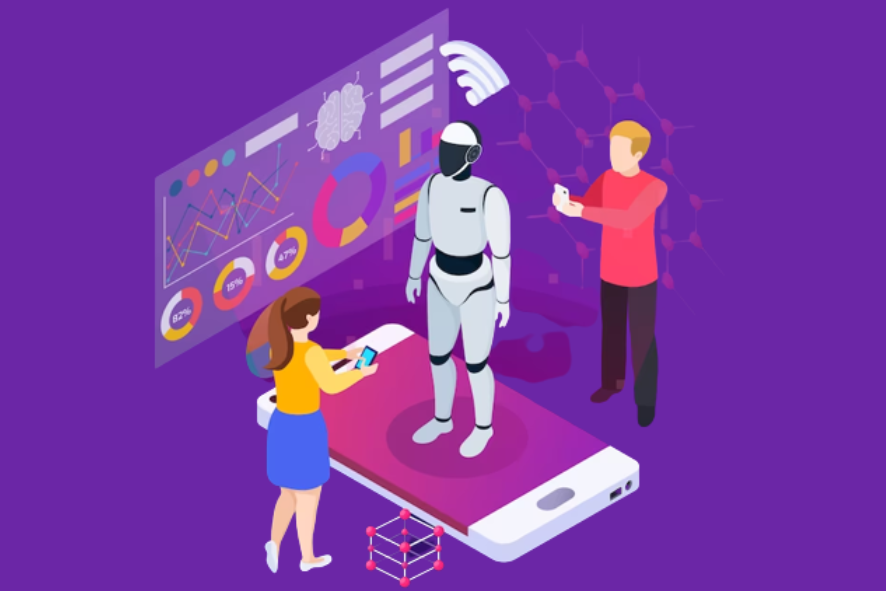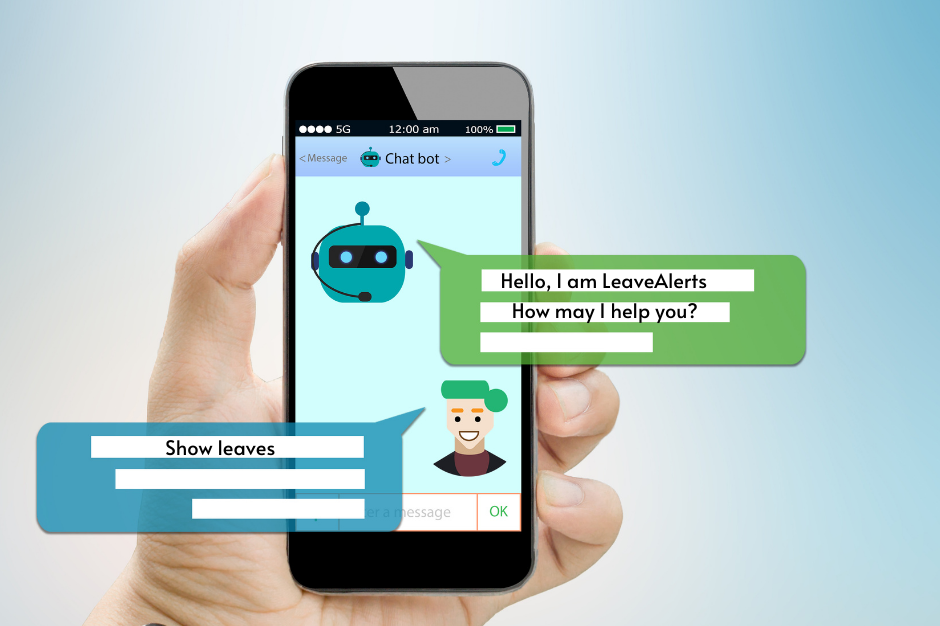“Gartner forecasted that by 2021, 75% of healthcare delivery organizations (HDOs) will invest in AI to boost operational performance or clinical outcomes. As AI use in healthcare grows, it’s increasingly important for HDOs to set up AI governance”
The use of AI in healthcare’s administrative tasks is widely acknowledged for its value. McKinsey reports that administrative costs make up 25% of the total healthcare spending in the US.
Defining the Scene
A frustrated patient waits in the doctor’s office. Her new doctor can’t find her recent MRI results because they’re in a different hospital system. Without these results, diagnosing her dizziness is impossible. She searches her purse for a paper list of her medications but can’t find the latest refill for her blood pressure medicine. Due to scattered records and poor system compatibility, her treatment is on hold, and her health information is frustratingly isolated.
To provide the best possible patient care, healthcare facilities are dynamic environments that call for careful administration and smooth communication. However, the absence of healthcare chatbots to retrieve database queries can lead to major administrative obstacles that reduce the effectiveness and efficiency of healthcare services.
A chatbot could instantly retrieve a
- Patient’s current test results
- Medical history
- Prescription schedule
Healthcare workers could concentrate more on patient care and less on paperwork as a result. Also, in an emergency where every second matters, it could offer immediate access to critical data.
Problems faced by Healthcare Administrators
The average nurse in the United States spends 15% of work time on documentation activities alone. This includes dealing with more than 10,000 Current Procedural Terminology (CPT) codes, as well as more than 71,000 procedures and 69,000 diagnosis codes in the International Classification of Diseases.
McKinsey estimates that 10%–20% of a nurse’s shift is spent on activities that could be optimized with the right technology.
Administrative personnel are forced to manually search healthcare databases for vital information without chatbots. In addition to taking up important time, this raises the possibility of human error. For example, a nurse researching a patient’s history of drug allergies may inadvertently miss something important, which could have severe consequences.
Furthermore, the administrative staff is under more stress when automated technologies like chatbots are absent. They are required to respond to multiple inquiries at once, which can cause stress, exhaustion, and errors.
But consider a new situation. What if every question was answered by a clever chatbot that could quickly and accurately find the answers you need? This would:
- Simplify operations
- Limit errors
- Free up staff time
Problems for Physicians and Surgeons
Because of existing healthcare database systems, doctors frequently come across fragmented or partial patient records. It becomes difficult to retrieve a complete medical history from patient database, which affects the accuracy of diagnosis and treatment decisions. Some common problems:
- During patient consultations, doctors are under time constraints. Ineffective data retrieval procedures make it more difficult for them to quickly obtain accurate data.
- For doctors, the sheer amount of patient data can be overwhelming. To select pertinent information and display it easily, effective retrieval methods are necessary.
- Clinical decisions could be affected through out-of-date information resulting from delayed data updates. Access to patient data in real time is essential for prompt actions.
Why do Legacy Systems need to be eliminated?
Outdated technology can cause inefficiencies in workflow and interfere with the provision of healthcare services. Both patient care and the general productivity of healthcare companies may be impacted by this inefficiency. The upkeep of legacy systems is also expensive.
Many healthcare organizations still lack important modern technologies for medical care, according to the Healthcare Information and Management Systems Society.
A 2021 HIMSS poll found that 73% of healthcare provider firms still use pricey outdated information systems
What can be the ultimate solution?
Chatbot. As simple as it gets, your healthcare database is designed to store all the data regarding the patients, staff and even the pharmaceutical information, but even in the sea of structured data, you need proper data retrieval, as medical personnel yourself you know how every second of time is precious.
Innovative Approach
Regardless of the time of day or night, chatbots can access the healthcare database and instantly respond to user inquiries. They also work around the clock to make sure that consumers receive information and assistance when they need it. Most notably, chatbots can read and write commands from SQL databases.
Why Do Your Medical Administration Need Chatbot at All?
Many surgeons or doctors might need quick access to their peer’s availability, how inconvenient it will get when they need to contact administration and then they will look upon the data and then finally gives them their desired answer, as you read this the frustration can be felt in the eyes and mind, that is why this innovative approach of healthcare chatbot is going to impact your organization’s workflow, saving more time and lives as nothing can be more precious than a human life.
How Chatbot Works?

Getting 101% of your Medical Data 24X7
The adoption of chatbots in the healthcare sector is a big step in the direction of more effective, timely, and customized care. This is a remarkable achievement that demonstrates how technology could enhance the way healthcare is delivered.
Know the Real-Time Impact
Chatbots bring an ease of access ability in your medical facility, the impact does not stop in the data retrieval ability.
- Unmatched Efficiency – Our AI solution processes data much faster than humans, cutting down on paperwork and documentation. This frees up your time for important services for your patients and staff, rather than mundane, automatable tasks. Our chatbot boosts your workflow and productivity without sacrificing quality or speed.
- Precision at its Finest – Our chatbot aims to reduce human error by automating tasks and processes in healthcare. It handles patient information collection, medical record access, and appointment scheduling with high accuracy. Count on our chatbot for consistent, precise service without losing quality or efficiency.
- Round-the-Clock Availability – Healthcare isn’t bound by time or place. That’s why our chatbot is available 24/7 to help and support patients anytime. It can answer questions, schedule appointments, and give information. Our chatbot isn’t just a tool; it’s a dependable virtual assistant dedicated to serving your needs.
- Scalability to Match Your Growth – As your healthcare business expands and attracts more patients, you’ll require a chatbot solution that can keep up with your evolving needs. Our chatbot is built to scale easily, ensuring it maintains top performance and quality even as demand increases. Regardless of the volume of patient inquiries or the amount of data to be processed, our chatbot is equipped to handle it, guaranteeing consistent, high-quality service every time.
Scope of AI in Healthcare
Artificial intelligence (AI) is quickly changing healthcare, affecting everything from how we schedule appointments to how diseases are diagnosed. AI has huge potential in healthcare, improving efficiency, enabling personalized medicine, and contributing to drug discovery. Let’s look closer at how AI is changing healthcare and what it means for the industry.
Enhancing Patient Experience
A recent study by Simbo.ai shows that 83% of patients say poor communication is the worst part of their experience, highlighting a big need for better communication between patients and healthcare providers.
How AI Enhances Patient Experience:
- AI technologies such as natural language processing (NLP), predictive analytics, and speech recognition can improve how healthcare providers communicate with patients.
- Using AI technology to analyze data from a whole population helps doctors give more accurate diagnoses and create treatments that are tailored for each person. With so much data, patients can get better results from their treatments.
- AI-powered telemedicine lets patients use reliable data to check if they need to see a doctor. Keeping patients involved is key to improving their healthcare experience.
- The use of chatbots can also proactively create a seamless experience for the user, and resolve problems for patients in real time.
Better Data Management
AI benefits health systems by simplifying the collection and sharing of information. It makes it easier for providers to efficiently manage patient data.
According to the Centers for Disease Control and Prevention (CDC), 10% of the US population has diabetes. Now, patients can use wearables and monitoring devices to check their glucose levels and share this info with their healthcare team. AI can help medical providers collect, store, and analyze this data, offering insights from a large group of people. Using this data can improve how healthcare professionals treat and manage diseases.
Streamlining Insurance Eligibility Verification
Automating the Verification of Benefits (VOB) process is key for healthcare and insurance providers. Manual methods can cause delays and issues, affecting both staff and patients. The old-fashioned, manual way can lack clarity, making healthcare providers unsure about payments and leaving patients worried about the cost of medical procedures.
Power Automate AI Builder allows us to build bots to easily integrate artificial intelligence into apps and workflows without needing extensive programming knowledge. It offers pre-built models and a simple interface to automate tasks, analyze data, and make predictions. Here, text classification is performed by AI Builder to extract information from insurance documents.
Read How Insurance Eligibility Verification can be Automated
24/7 Physician Access With Telemedicine
Read How We Improved Accessibility & Patient Outcomes By A HIPAA Compliant SaaS Telemedicine App
What is the future of AI and Healthcare?
The worldwide AI healthcare market, worth $4,836.87 million in 2019, is expected to soar to $99,491.58 million by 2027.

AI applications are set to simplify tasks ranging from answering calls to analyzing health trends, including those we haven’t even thought of yet. For example, AI could soon take over more tasks done by clinicians and staff, allowing people to focus more on providing compassionate and effective care face-to-face.
Accenture states that generative AI has the potential to automate or enhance 37% of tasks for healthcare practitioners and technicians, and 35% of healthcare support tasks.
This could significantly increase time for direct patient care and improve the work experience for healthcare workers globally.
Conclusion
AI and chatbots are transforming healthcare, making it more efficient, improving patient involvement, and possibly improving health outcomes. However, issues with data privacy and fair access to this technology still exist. The future of healthcare is closely linked with AI. As these technologies develop, we’ll see a healthcare system that supports patients, simplifies procedures, and offers a better, more personalized experience for everyone.
Contact Us for the best AI and chatbot services for healthcare.
Drive Success with Our Tech Expertise
Unlock the potential of your business with our range of tech solutions. From RPA to data analytics and AI/ML services, we offer tailored expertise to drive success. Explore innovation, optimize efficiency, and shape the future of your business. Connect with us today and take the first step towards transformative growth.
You might also like
Stay ahead in tech with Sunflower Lab’s curated blogs, sorted by technology type. From AI to Digital Products, explore cutting-edge developments in our insightful, categorized collection. Dive in and stay informed about the ever-evolving digital landscape with Sunflower Lab.






